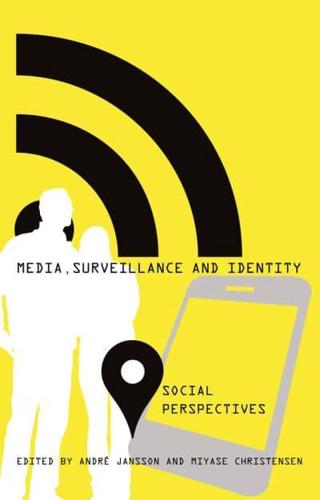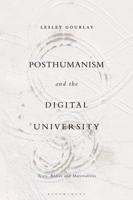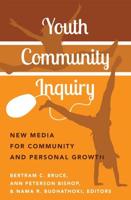Publisher's Synopsis
How do individuals perceive the increasingly open-ended nature of mediated surveillance? In what ways are mediated surveillance practices interwoven with identity processes, political struggles, expression of dissent and the production of social space? One of the most significant issues in contemporary society is the complex forms and conflicting meanings surveillance takes. Media, Surveillance and Identity addresses the need for contextualized social perspectives within the study of mediated surveillance. The volume takes account of dominant power structures (such as state surveillance and commercial surveillance) and social reproduction as well as political economic considerations, counter-privacy discourses, and class and gender hegemonies. Some chapters analyse particular media types, formats or platforms (such as loyalty cards or location based services), while others account for the composite dynamics of media ensembles within particular spaces of surveillance or identity creation (such as consumerism or the domestic sphere). Through empirically grounded research, the volume seeks to advance a complex framework of research for future scrutiny as well as rethinking the very concept of surveillance. In doing so, it offers a unique contribution to contemporary debates on the social implications of mediated practices and surveillance cultures.










